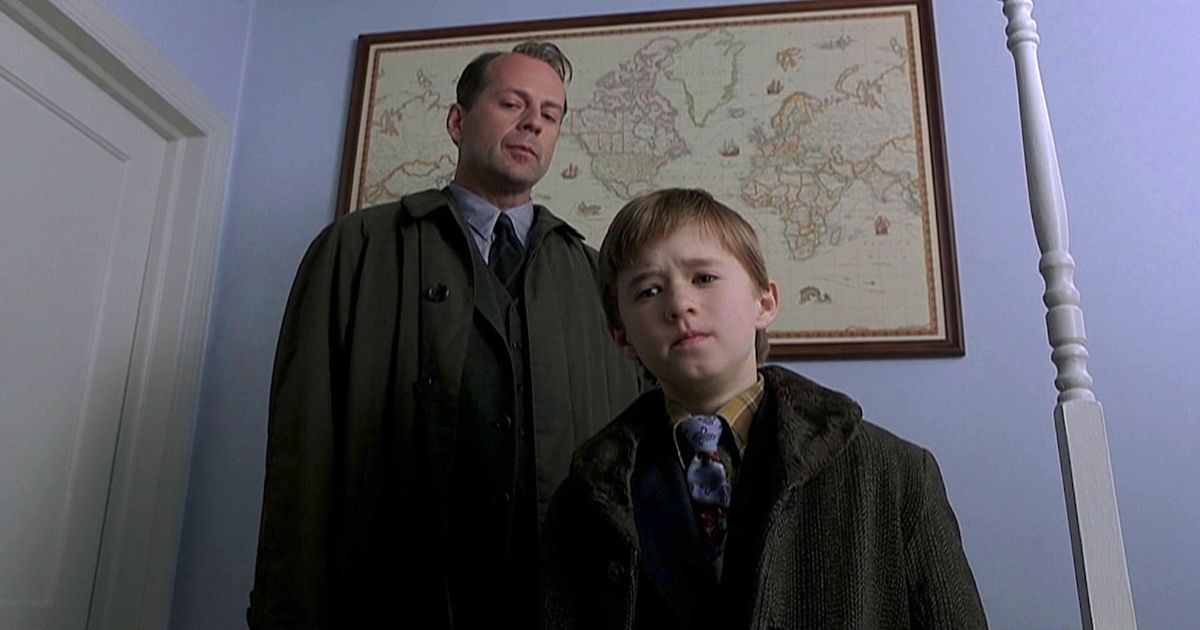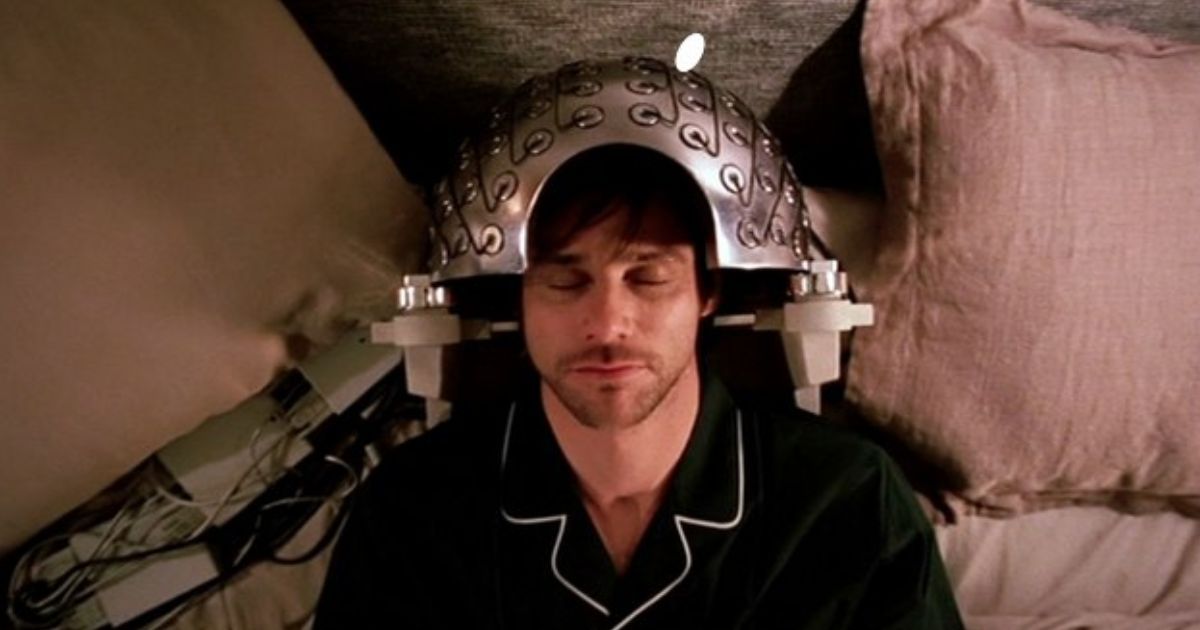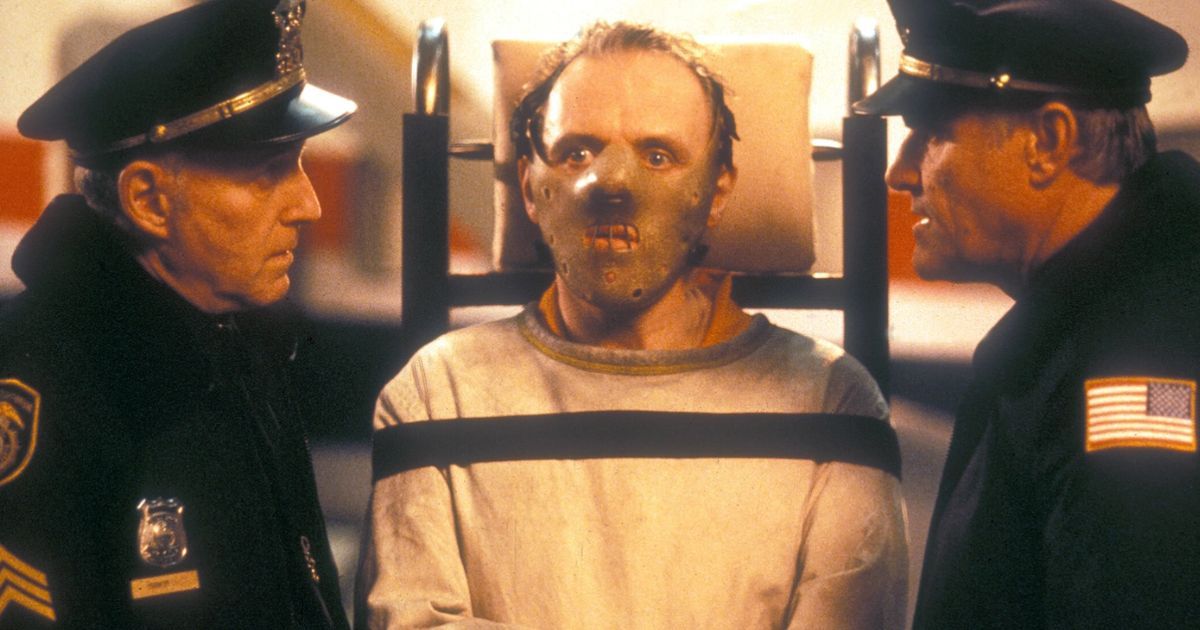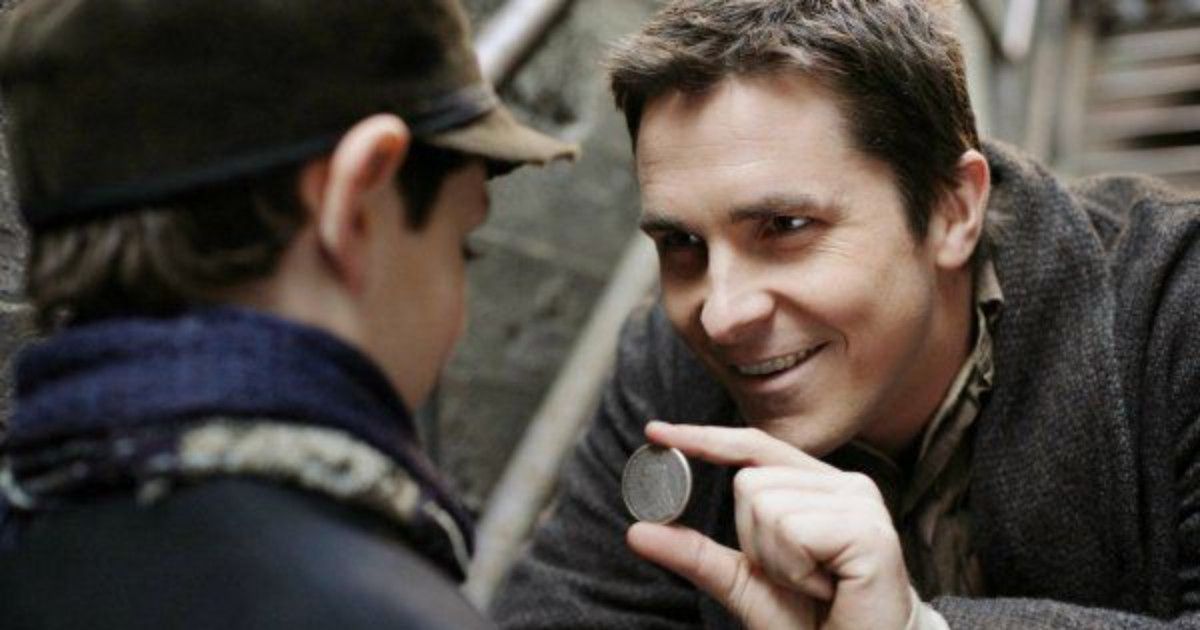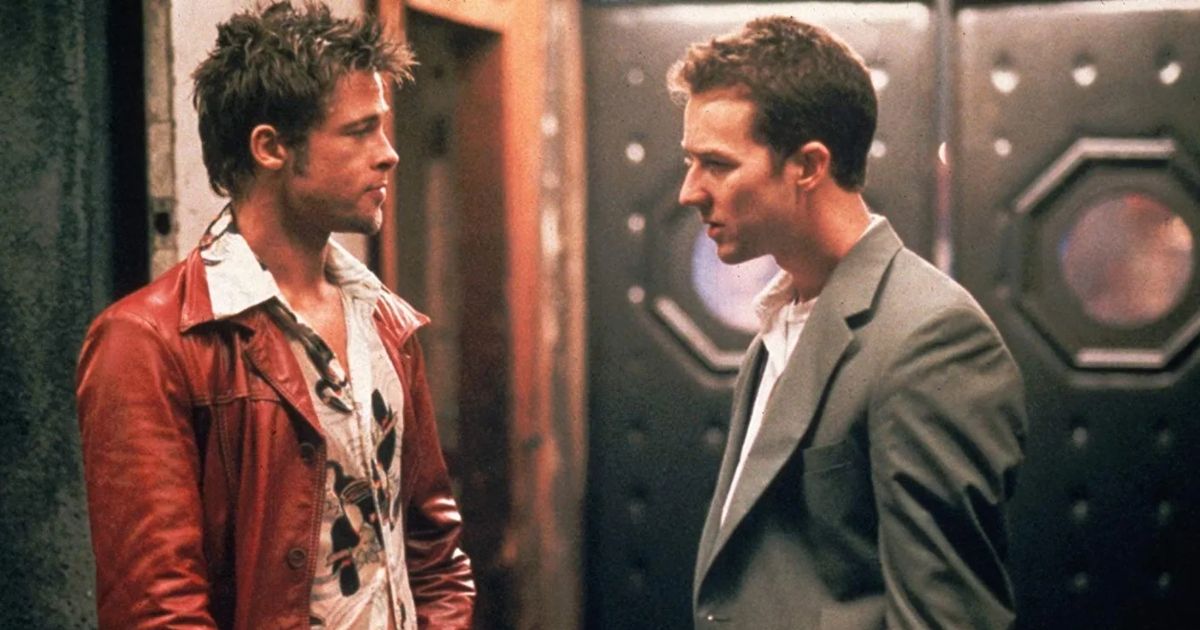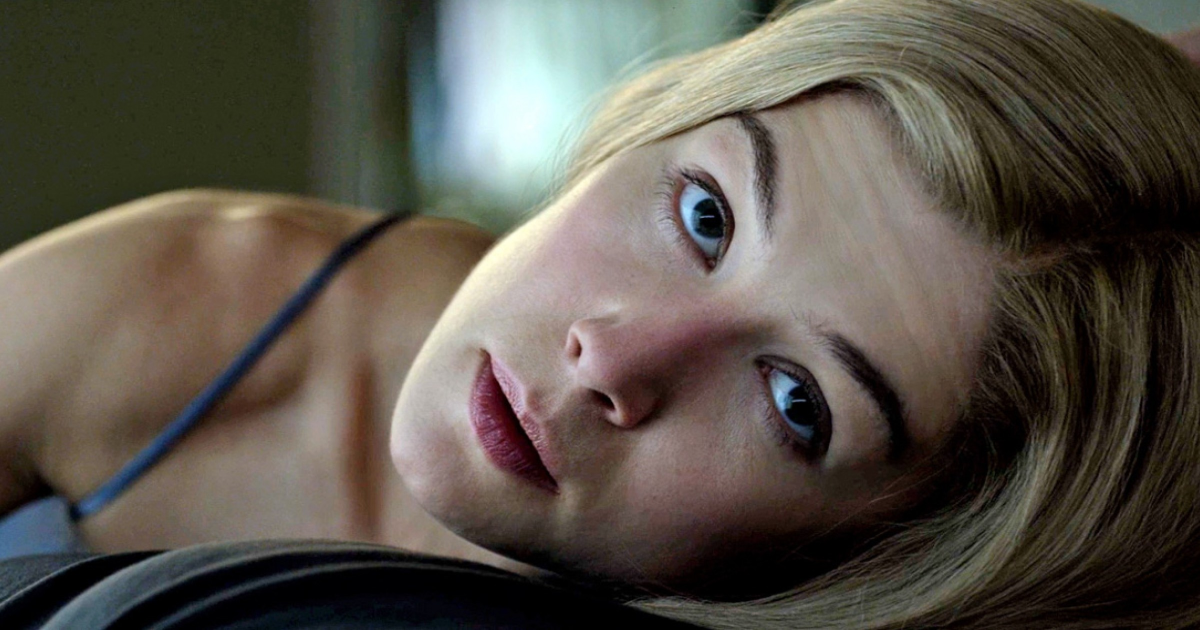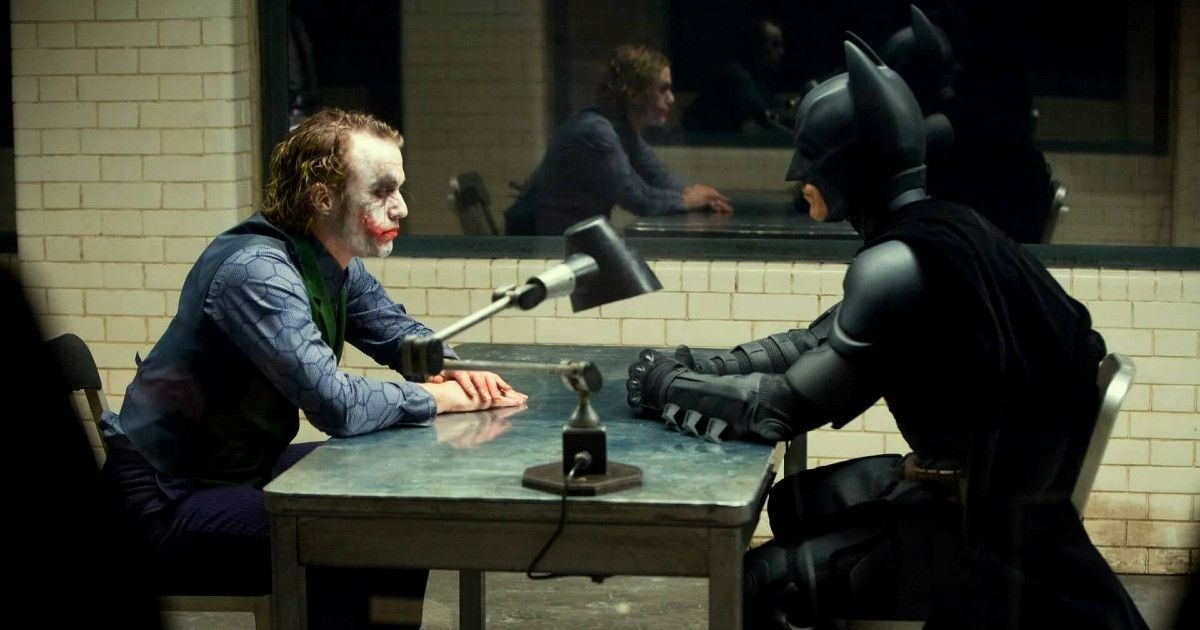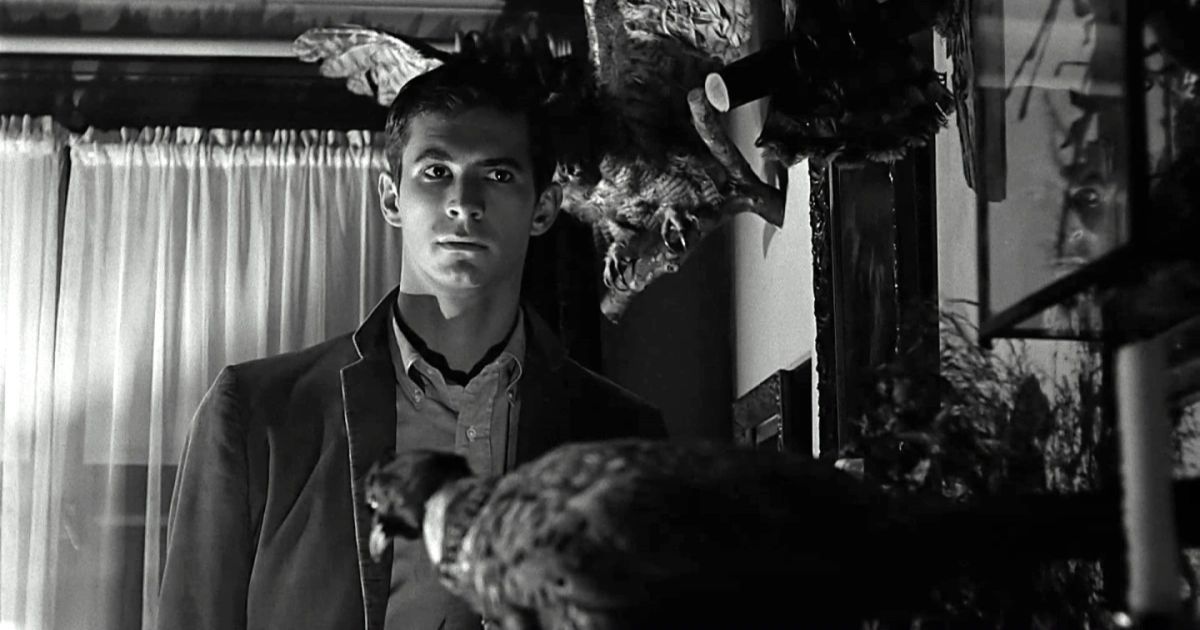At times, watching a film can be a self-destructive act. Isn’t it amusing that one watches a horror film or a crime noir consensually, knowing the disturbing outcome? Genre filmmaking often becomes an immersive experience where films experiment with putting the audience in unpleasant yet meaningful predicaments of its characters. On the surface it might seem like provocation, but it is only done so to get the audience into questioning morality, reality, and the human psyche. For example, Requiem for a Dream goes behind the spiraling dark truths behind substance abuse.
Christopher Nolan’s Inceptiontests how far can the audience and cinema go to blur the lines between consciousness and dreams and AmericanBeauty does not shy away from the dysfunctional structure and values of the American family. Here are 12 more films that end with an unsettling feeling which compels us to ask deeper questions with bitter but honest answers.
11 Bernie
Bernie, directed by Richard Linklater, is a true-crime black comedy that fictionalizes the life of the nicest criminal that ever lived on earth, Bernhardt Tiede. Bernie is played by Jack Black, who is nothing but a well-wisher in his neighborhood in Texas. He is not only the trustee mortician of his town, but is the first one to help in the time of crisis of the residents. The film paints the people pleasing Bernie as a do-gooder on a high until he commits a crime. However, the neighborhood still fights for Bernie’s defense. The audience sits on the fence as the obvious crime gets no sympathy from the onlookers.
The film was applauded for its town gossip style of unraveling the events, motives, and reactions to the unfortunate incident, which at times seem comical and most of the time sardonic.
10 Memento
Memento follows a man suffering from memory loss in search of his wife’s rapist and murderer. At least, that is what one gathers from till the second act. As the plot progresses and the audience discovers the events that led to his search, one questions the reliability of the narrator. The film is one of the most inventive films for its narrative structure, characterization, and the use of a disorder as a plot device in the genre of crime noir.
Even when the audience feels misguided by the characters, it is interesting how the viewers go on board with Leonard Shelby when his illness is clearly put forth. Christopher Nolan is masterful at characters who deceive with first impressions and this is one of his finest directorial feats.
9 The Sixth Sense
The Sixth Sense, directed by M. Night Shyamalan, has one of the most successful red herrings of all time. The film follows Cole Sear, who can see ghosts. Cole is troubled by his secret until he meets Dr. Malcolm Crowe, who is played by Bruce Willis. As Crowe tries to understand Cole’s condition, Crowe is shaken by what he learns about his young patient and himself. As the reality dawns, the audience too feels chills down the spine once they finally face the truth staring at them all the while. The film was acclaimed and critically applauded for its screenplay, and Shyamalan became a household name for the masterful twists in his films.
8 Eternal Sunshine of the Spotless Mind
Eternal Sunshine of the Spotless Mind, directed by Michael Gondry, is a science-fiction romantic drama which also uses memory loss as a plot device to explore the cause-effects dynamic of a breakup with a Freudian touch. After an unconventional meet cute, Clementine and Joel enter a relationship. However, they break up, and Clementine, played by Kate Winslet, is affected to the point she undergoes a memory erasure procedure to forget Joel, played by Jim Carrey. The latter too considers the procedure.
The film shows the excruciating pain Joel goes through as he fights to keep Clementine in his life. The film uses visual symbolism and a metaphor-laden story to convey how a blank slate post-break-up may seem ideal but is escapist and only has an adverse effect on emotional fragility.
7 Her
Her, directed by Spike Jonze, is another science-fiction romantic drama starring Joaquin Phoenix as Theodore, who falls in love with a female voice from an operating system. The film is unsettling for several reasons. Her makes compelling a case about how human emotions can succumb to virtual communications and can form real-life relationships. Most relationships are technology-aided, and artificial intelligence has come far enough to replace and mimic several human skills. In general, men are as dependent on technology as on other human beings.
There is every possibility that men can fall vulnerable to tech-induced isolation, and several films have reminded us that loneliness can make humans go extremely creative in their self-destructive pursuits. Phoenix’s performance as Theodore and Scarlett Johansson as the voice gives a believable performance of the dystopian romanticism awaiting the human race in the age of Artificial Intelligence.
6 The Silence of the Lambs
The Silence of the Lambs, directed by Jonathan Demme, is a crime thriller starring Jodie Foster stars as FBI trainee Clarice Starling and Anthony Hopkins as Dr. Hannibal Lecter. The film takes an edgy and unsettling choice of letting the antagonist win, humanizing a cannibal, and portraying a convincing friendship between a law keeper and a lawbreaker. Lecter is far ahead in intellect and strategy, and does not shy away from giving his unfiltered views for his appetite for human flesh.
The audience sits on the edge of their seat as Lecter takes a hold of Starling’s mind and shows no fear in his eyes while he intricately explains his feasts, and how he devours them.
5 The Prestige
The Prestige, directed by Christopher Nolan keeps one’s head scratching till the end. In a story, that resembles the three acts of a magician, the film shows the rivalry between two magicians, Alfred Borden, played by Christian Bale, and Rupert Angier played by Hugh Jackman. The film plays with the idea of cloning as both magician try to outsmart each other, which meets a devastating end. The film is engaging and moving for its vulnerable yet egomaniacal main characters.
Just like a magic show, the film sets out to mesmerize an audience with its tricks, and then comes the final reveal. However, in true Nolan’s fashion, the film mystically leaves several secrets untold, which keeps the audience wanting more.
4 Fight Club
Directed by David Fincher, Fight Club, follows an unnamed insomniac, played by Edward Norton, who meets a mysterious soap salesman named Tyler Durden. Both start a club of their own where men engage in violence to vent out their disappointment in their lives. The film takes an audience on a cynical ride confronting capitalism, consumerism, and satire as it dismantles itself into a psychological neo-noir. The film is graphic in its content which includes violence, nudity, and adult language, but is profound in its punk essence. The film has gained a cult status over the years, even if it was poorly received at the time of its release.
3 Gone Girl
Gone Girl, directed by David Fincher, is a psychological thriller that revolves around the troubled Amy, who goes missing on her fifth anniversary. The couple is known to have a picture-perfect image in front of the public, but Amy has other plans. Her husband Nick, played by Ben Affleck, is suspected of her disappearance.
As the film progresses and the audience learns the whereabouts of Amy, sinister acts follow where lives are taken, and innocent people are manipulated as the dysfunctional antagonist causes havoc in her husband’s life. Even with titillating twists in the tale, the film manages to succeed to tell a satirical story where women could be equally dysfunctional as men. The film plays with the audience when it defends the relationship for being in love in a dysfunctional way.
2 The Dark Knight
The Dark Knight is the second installation of the Batman Trilogy directed by Christopher Nolan, which is also the most popular one of the three. Batman, played by Christian Bale, protects the city of Gotham city from the Joker, played by Heath Ledger, who enjoys havoc around the city. Ledger’s performance made Joker not only the most quoted super villain but also the most thought-provocative one, which makes The Dark Knight a tricky film.
At times, the audience feels more drawn toward the charismatic villain rather than the caped crusader of the story who burns the pile of money he robbed just to prove the point not everything is about money. The Joker places several instances where he tests Batman and the residents of Gotham to choose between good and evil. At every step of the way, the Joker seems to be ahead and uncontrollable in his antics. Yet, Batman saves the city as a symbolic victory over evil. However, it is Ledger’s performance, for which he was awarded an Academy Award posthumously, that remains poignant to this day.
1 Psycho
Psycho is a psychological thriller directed by Alfred Hitchcock which tells the iconic story of what made Marion Crane meet her unfortunate misadventure. Crane, played by Marion Leigh, steals money from her employer and is on the run from the police. She stops for the night at the Bates Motel where he meets the host Norman Bates, played by Anthony Perkins, who has an unconventional relationship with her mother. The film makes one’s feet curl, portraying the disturbing depths of one’s psyche and the worst outcome that comes out if due to social isolation. Hitchcock tells a disturbing yet thought-provoking story with Freudian undertones and mommy issues.
This story originally appeared on Movieweb



